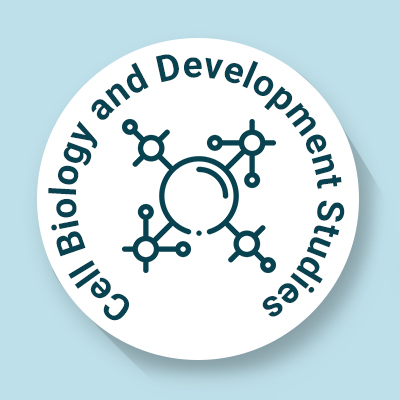
Cell Biology and Development Studies
OPEN ACCESS

OPEN ACCESS
Metabolism refers to the chemical process in the cells of the body that convert food into energy. Our body needs this energy for all activities, such as moving, thinking, and growing. Certain proteins in the body regulate the chemical process of metabolism. Numerous metabolic reactions occur simultaneously, all managed by the body to maintain our cell health and functionality. Your metabolism refers to how your body uses energy (which ultimately derives from the food you eat) for all bodily functions. Your body’s metabolism continues to function even while you are resting and asleep. It constantly supports vital bodily functions, such as breathing, circulating blood, digesting food, growing and repairing cells, regulating hormone levels, and controlling body temperature. A healthy metabolism that supports life necessitates cells to operate while at rest and adjust to an evolving environment. This encompasses adjustments to times of eating, fasting, deprivation, exercise, sickness or injury, pregnancy, and breastfeeding. Metabolism is a delicate balance of two processes that occur concurrently. Anabolism, also known as constructive metabolism, focuses on creation and storage. It aids in the development of new cells, the upkeep of bodily tissues, and the storage of energy for later use. Anabolism converts tiny molecules into bigger, more intricate molecules of carbohydrates, proteins, and fats. Catabolism, also known as destructive metabolism, refers to the process that generates the energy required for all cellular activities. Cells decompose large molecules (Primarily carbohydrates and fats) to create energy. This supplies energy for anabolism, warms the body, and allows muscles to contract and the body to move.